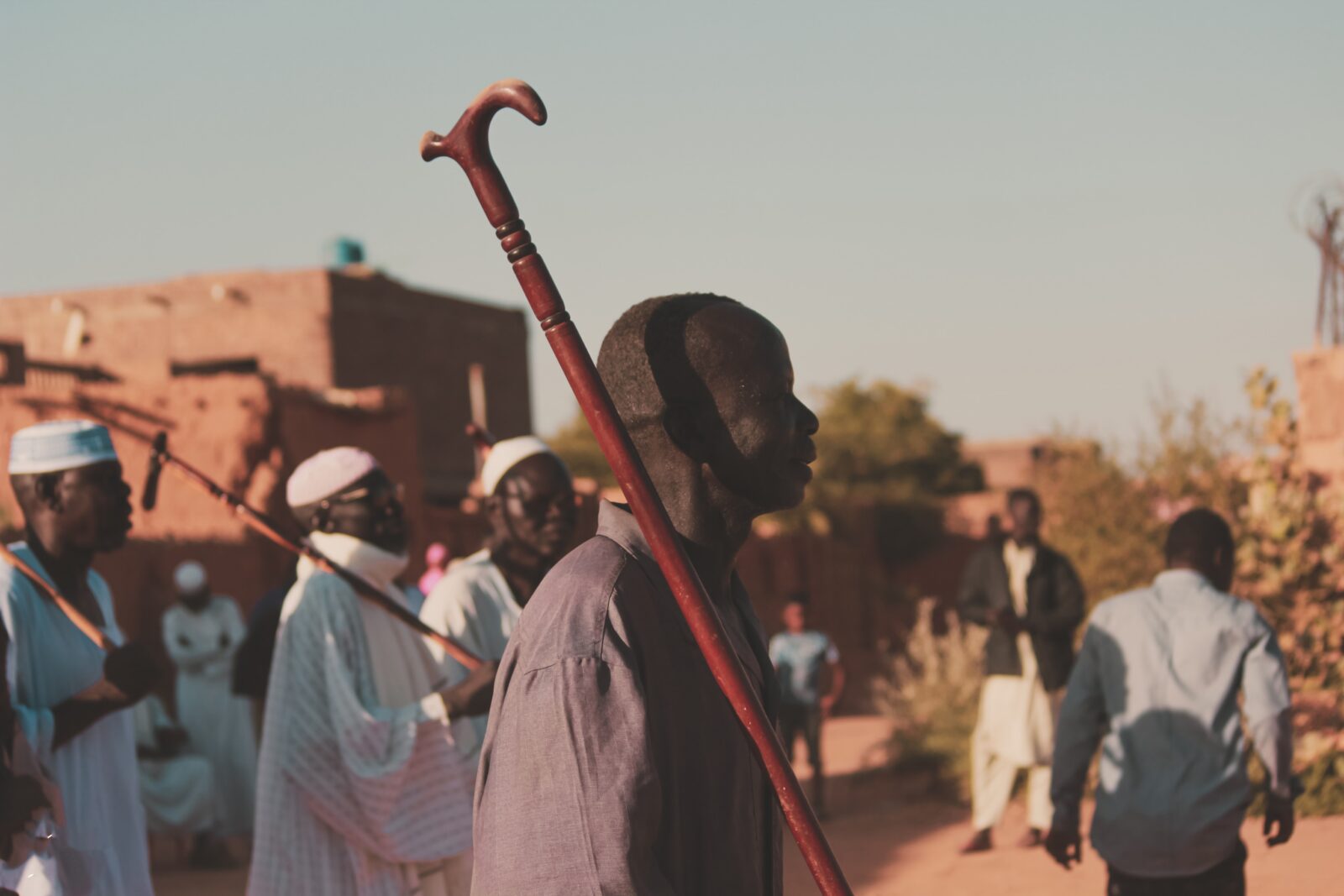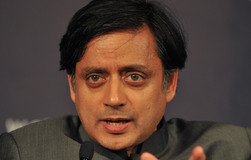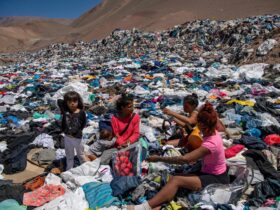Conflict in Sudan erupted following a period of rising tensions between two military leaders: General Abdel-Fattah Burhan, commander of the Sudanese Armed Forces, and General Mohammed Hamdan Dagalo, the leader of the Rapid Support Forces paramilitary group.
The situation has reached a critical point. Street clashes between Sudan’s warring factions have exacerbated pre-existing humanitarian needs and resulted in the forced displacement of nearly 5.1 million individuals, both within Sudan and across neighboring countries.
“25 million people, more than half the population of Sudan, [are in]need [of]humanitarian aid and protection,” said Ramesh Rajasingham, Head and Representative of OCHA in Geneva.
The current turmoil in Sudan is a consequence of yet another governmental system breakdown in the nation and is a single crisis within the broader spectrum of political challenges that have occurred throughout Sudan’s history.
In December 2018, a wave of protests erupted in the city of Atbara, driven by grievances over Sudan’s deteriorating economic crisis, escalating food prices, widespread corruption and high unemployment rates.
These initial protests swiftly spread across the nation, eventually reaching the capital, Khartoum. By April 2019, President Omar al-Bashir was ousted by the Sudanese army following months of demonstrations, bringing an end to his three-decade-long grip on power. The military, holding considerable influence, took steps to solidify its authority by suspending the constitution and imposing a three-month state of emergency.
Protests persisted as demonstrators called for a transition of power to civilian authorities. In an effort to dismantle the protest movement, armed individuals affiliated with the RSF militia killed 128 people in what came to be known as the Khartoum massacre.
The escalation of violence prompted Ethiopia and the African Union to step in and act as mediators. Following negotiations, civilian leaders and the military agreed to share power and establish a governing body, called the Sovereignty Council, to rule over Sudan for a three-year transition period.
This council faced significant challenges as military authorities and civilian counterparts refused to cooperate, which, alongside mounting political tension, led to an attempted – and failed – coup by remaining members of President Bashir’s regime.
In October 2021, a splinter faction from the civilian protesters started a sit-in in front of the presidential palace and called for a military takeover. In response, thousands of pro-democracy supporters came out on the streets in a show of continued support for civilian rule.
General Burhan and General Daglo, responding to the protests, jointly orchestrated a military coup in 2021 which led to the dissolution of Sudan’s power-sharing government and council, as well as disruption of its transition to democracy. Burhan justified his actions by claiming it was meant to prevent a potential civil war in Sudan, citing the incitement by politicians against the military as a threat. He portrayed his actions as a transitional measure rather than a coup, aiming to maintain stability until the upcoming elections.
More than a year after the military coup, an agreement was signed by the Sudanese military and a coalition of civilian actors that forged a path to a more civilian-centered government. Under the new framework deal, the military would step back and would only be represented on a security and defense council. While the agreement was a major accomplishment and a show of compromise, its success was uncertain as it excluded formal rebel groups and others who had the capacity and power to undermine the transitional government.
The fear of the agreement’s potential collapse materialized when conflict emerged between the military leaders concerning the integration of the RSF into the national military. Implementing military reforms to establish a competent and standardized national army was seen as one of the first steps to adhering to the internationally recognized agreement for the transfer of power.
General Burhan advocated for the planned integration of the RSF to take place within a two-year timeframe, while Dagalo insisted on stretching it out over a decade. As a result, disagreement resulted in a struggle for power, with neither displaying any signs of relenting.
Central Khartoum became a war zone as the Sudan Armed Forces (SAF) conducted airstrikes aimed at RSF forces who in response, retaliated using artillery and anti-aircraft weaponry.
The international community denounced the escalation of violence in Khartoum. Volker Türk, the United Nations High Commissioner for Human Rights, expressed strong condemnation for the indiscriminate violence, emphasizing that both sides had disregarded international humanitarian law.
In an effort to hold all those undermining peace in the country, the United States and UK imposed sanctions on five businesses that have been linked with bankrolling and providing support to the Sudanese army and RSF.
“At least 5,000 people have been killed and over 12,000 wounded” said Volker Perthes, UN Special Representative of the Secretary-General for Sudan.
6.3 million people – 13% of Sudan’s population – are experiencing emergency levels of hunger – just one step from famine, with the conflict continuing to disrupt access to humanitarian aid, water, food and medicine.
In an effort to put an end to fighting, Saudi Arabia and the United States facilitated a seven-day ceasefire on May 22 between Sudan’s army and the Rapid Support Forces (RSF). This temporary cessation of hostilities provided some respite and allowed limited humanitarian access.
However, the ceasefire has since lapsed, and the subsequent ceasefires were primarily implemented to facilitate unrestricted movement and the delivery of humanitarian aid across the nation. Additionally, efforts made in July by the Intergovernmental Authority on Development (IGAD) to mediate a peace agreement were rejected by the Sudanese army.
So what happens now?
It’s unclear. The political landscape of Sudan has historically been unstable with a pattern of short-lived agreements. However, continued violence of this nature in Africa’s third largest country poses a real risk to destabilize the wider region and contributes to the mass exodus of the civilian population that bears the brunt of the suffering.
With current peace talks in Jeddah stagnating, the fate of Sudan hangs in the balance. It is essential that the two military forces, with the well-being of the Sudanese people in mind, accept and adhere to a long-term ceasefire and bring an end to the hostilities.







